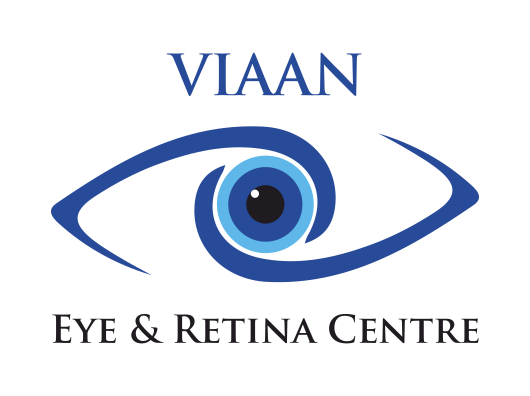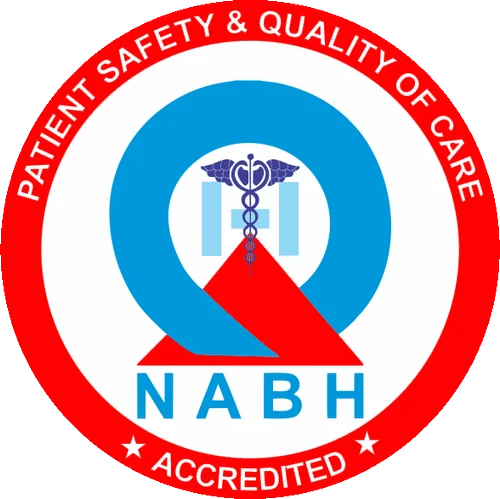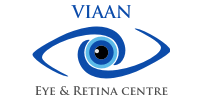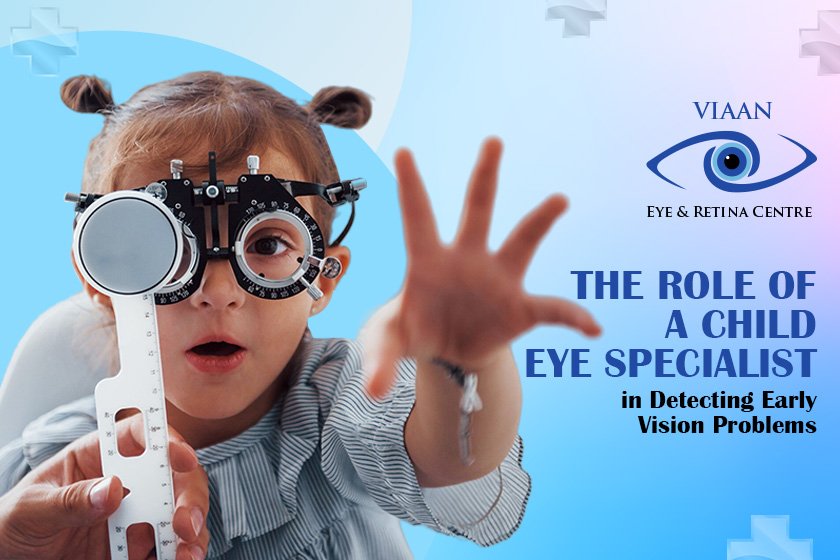As parents, we want the best for our children, and that includes protecting their precious vision. Many parents may not realize how crucial early eye care is, especially in a country like India, where vision problems are increasingly common among children. A kids eye specialist, also known as a pediatric ophthalmologist, plays a vital role in detecting and treating vision issues early on.
Today! We are going to learn through this article, the role of childern eye specialists in detecting the vision problem.
The Importance of Early Detection
Early detection of vision problems is vital for several reasons. First, a child’s visual system is still developing, and any issues that are not addressed promptly can lead to permanent vision impairment. According to the World Health Organization (WHO), 80% of a child’s learning is visual, meaning that undiagnosed vision problems can significantly impact their academic performance and overall development.
In India, where the prevalence of childhood blindness is relatively high, early detection and treatment can make a significant difference. The Indian Journal of Ophthalmology reports that the prevalence of childhood blindness and visual impairment in India ranges from 0.8 to 1.0 per 1000 children. This statistic underscores the need for specialized care to address and mitigate vision problems from an early age.
Why do Eye Specialists Matter For Children?
Children’s eyes are constantly developing, and their vision needs differ from adults. Eye specialists for children, often called pediatric ophthalmologists, are experts in the unique anatomy and physiology of children’s eyes. They are trained to detect subtle signs of vision problems that may go unnoticed by general practitioners or even adult eye specialists.
The Prevalence of Vision Problems in Children
It’s estimated that around 1.1 million children in India are blind, and an additional 3.3 million have low vision. These figures are alarming, especially considering that many of these cases could be prevented or treated if detected early. Common vision problems among Indian children include:
1. Refractive errors
These are the most common vision problems in children, including nearsightedness (myopia), farsightedness (hyperopia), and astigmatism. Left untreated, they can affect a child’s academic performance and overall development.
2. Amblyopia (lazy eye)
This condition occurs when one eye doesn’t develop properly, leading to decreased vision. Early detection and treatment are essential to prevent permanent vision loss.
3. Strabismus (crossed eyes)
This misalignment of the eyes can cause double vision and depth perception issues. Early treatment can improve eye alignment and prevent complications.
4. Other eye diseases
Eye specialists for Children can also detect less common but potentially serious conditions like congenital cataracts, glaucoma, and retinal problems.
The Vision Problem Epidemic in India
Here’s a startling fact: India has one of the highest rates of childhood blindness in the world. According to the National Programme for Control of Blindness and Visual Impairment (NPCBVI), an estimated 1.1 million children in India are visually impaired. Many of these cases could be prevented or managed with early intervention.
Why Regular Eye Exams Matter
You might be wondering, “Doesn’t my child’s school do vision screenings?” While school screenings are helpful, they’re not a substitute for a comprehensive eye exam. A eye specialist for children has the expertise and specialized equipment to detect subtle vision problems that a basic screening might miss.
The Indian Association of Pediatric Ophthalmology recommends the following eye exam schedule for children:
- First Exam: Between 6-12 months of age.
- Second Exam: At 3 years of age.
- Third Exam: Before starting school.
- Regular Exams: Every 1-2 years thereafter.
These exams can detect eye problems before they affect a child’s development and learning.
When Should You See an Eye Specialist for Child?
While routine vision screenings at school are helpful, they are not a substitute for a comprehensive eye exam by an eye specialist for child. The American Academy of Ophthalmology recommends that children have their first eye exam at six months old, followed by exams at three years old, before starting school, and then annually.
However, you should take your child to an eye specialist for children sooner if you notice any of the following signs:
- Frequent eye rubbing or squinting
- Sitting too close to the TV or holding books close to the face
- Tilting the head to one side or closing one eye to see better
- Complaining of headaches or blurred vision
- Difficulty tracking objects or focusing
- White or cloudy pupils
- Redness or swelling of the eyes
- Eye pain or discharge
Take the Step Ahead
Early detection and treatment of vision problems in children are essential for their development and academic success. In India, where childhood blindness and visual impairment are prevalent, child eye specialist play a crucial role. These experts diagnose and manage various eye conditions, ensuring timely intervention to prevent long-term vision loss.
At Viaan Eye & Retina Centre, we provide comprehensive eye care for children of all ages. Our experienced pediatric ophthalmologists use advanced technology and personalized care to detect and treat vision issues early. We aim to create a comfortable environment for young patients.
Regular eye exams are an investment in your child’s future. If you notice any signs of vision problems or have concerns about your child’s eye health, schedule an appointment with us. We’re here to help your child see clearly and reach their full potential.




